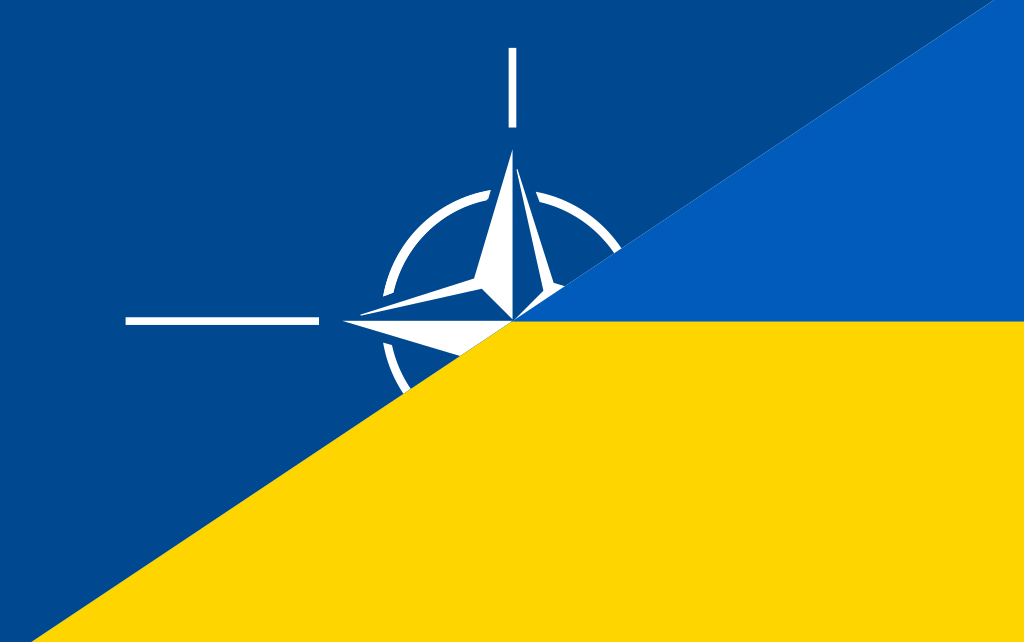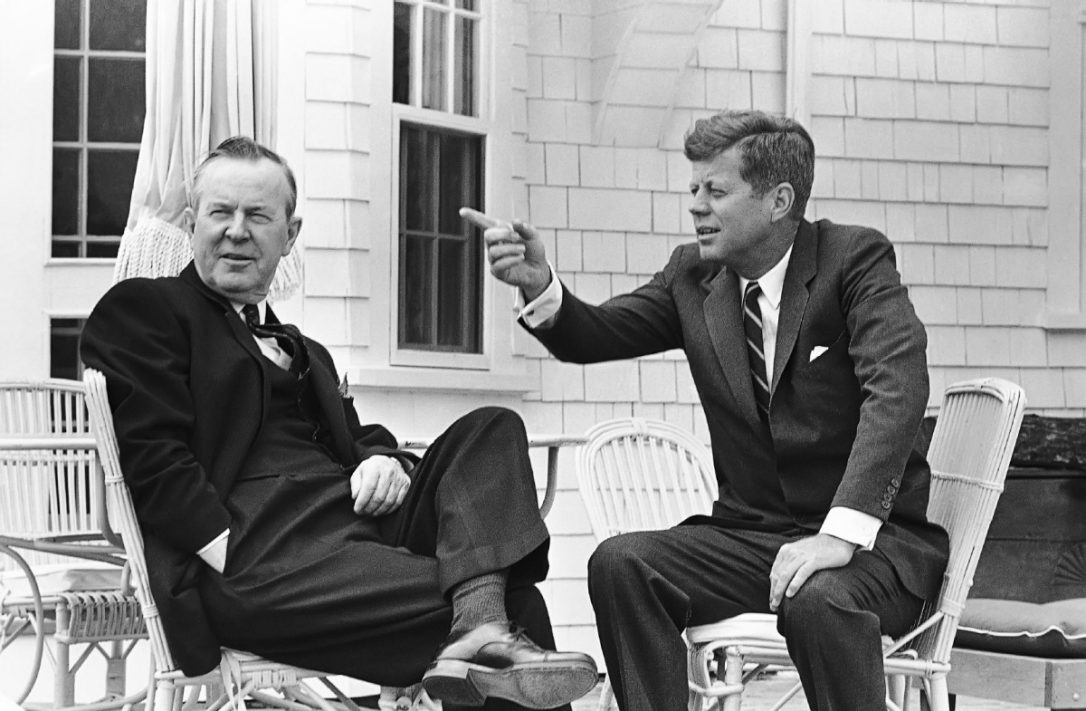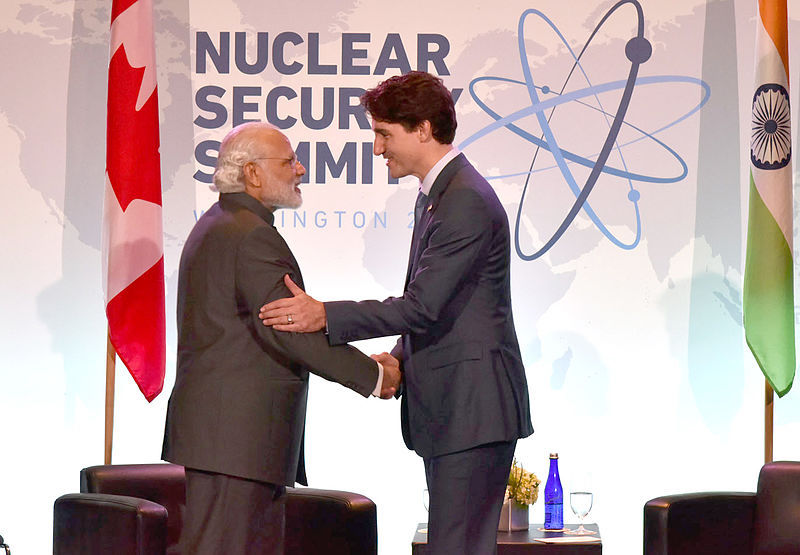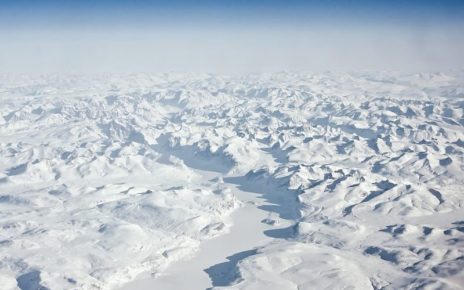Introduction
A protracted history of political, military, and security tensions characterize the complex and tense relationship between NATO and Russia. Right now, there is a deficit of trust between NATO and Russia, disagreements over security, regional issues and significant military build-up on both sides. From an economic and political viewpoint, Russia perceives NATO as a threat to its security due to the organization’s historical eastward expansion towards its borders. The existence and dissolution of the Warsaw Pact from 1955 to 1991 enabled NATO to incorporate former Soviet satellite states, such as Poland, the Czech Republic, and Hungary, into NATO’s orbit of influence which Russia objects to for four main reasons.
The Big Four
According to the informal Soviet Union and the United States agreement, there would be no NATO expansion into Eastern Europe after the Cold War. The inclusion of these nations into NATO is seen by Russia as a betrayal of that promise.
Secondly, Russia is concerned about how NATO expansion will affect its economic interests. Many of the NATO-affiliated former Soviet states are close to Russia’s borders and have abundant natural resources. For instance, Russia vehemently opposed Poland’s shale gas boom because it was perceived as a threat to its hegemony over the European gas market. Gas supplies to Poland were to be reduced, according to an announcement made by the state-owned energy company of Russia, Gazprom, in 2012. Critics countered that the action was politically motivated and intended to punish Poland for seeking alternative energy sources to reduce its reliance on Russian gas.
Thirdly, NATO and Russia held opposing views regarding the Syrian Civil War, with NATO backing Syrian opposition forces and Russia supporting the government led by President Bashar al-Assad, whose regime was known for widespread human rights abuses.
Finally, tensions between Russia and Ukraine first escalated in 2014 following the Ukrainian Revolution, which resulted in the downfall of pro-Russian President Viktor Yanukovych. Russia’s subsequent annexation of Crimea, previously part of Ukraine, sparked international outrage and was deemed a breach of international law. In response, NATO ramped up its support for Ukraine, offering a range of aid including military equipment, intelligence support, training for Ukrainian forces, as well as economic and humanitarian assistance. The alliance also strengthened its presence in the Black Sea region, carrying out military drills and deploying additional troops to the area.
Russia, North Korea & Iran
From a military standpoint, NATO’s plans to deploy a missile defence system in Europe have faced opposition from Russia, which views it as a threat to its security. This debate between long and short-range ballistic missiles from the Cold War era has made missile defence a contentious issue among key NATO members such as Paris, Berlin, Washington, and London since that time. The expansion of military capabilities by both Russia and NATO members has also raised concerns about a potential new arms race. As tensions between Russia and NATO members continue to escalate, a growing number of non-NATO nations have formed strategic alliances with the Russian Federation, including North Korea, and Iran among others. Some see the close relationships that Russia has formed with North Korea and Iran as a potential threat to NATO. Both nations are known for their controversial stances on various global issues (i.e., human rights and nuclear warfare) and for pursuing policies that challenge Western interests.
NATO, of which Canada is a member, is concerned about North Korea’s pursuit of nuclear weapons and ballistic missiles, which has led to a fraught relationship with the country despite establishing diplomatic relations in 2001. Canada’s close alliance with the US and its opposition to North Korea’s nuclear ambitions has led to the imposition of economic sanctions on North Korea. Russia’s support for North Korea’s nuclear program has fueled fears in the West of a nuclear attack. Similarly, NATO members worry about Iran’s pursuit of nuclear weapons, support for militant groups, and destabilizing activities across the Middle East. Russia’s close relationship with Iran is seen as a potential threat to international efforts to curb Iran’s nuclear ambitions and contain its destabilizing influence in the region. Both situations pose a direct threat to world peace and stability, with the prospect of a nuclear conflict in the area impossible to ignore.
Conclusion & Discussion
Due to differences over regional issues, military build-ups on both sides and disagreements over security, the relationship between NATO and Russia continues to be tense and complicated. Along with divergent opinions on the Syrian Civil War and the conflict between Russia and Ukraine, the deployment of a missile defence system in Europe has long been a source of debate. Russia’s close ties to Iran and North Korea also cause concern. Should the Russia-Ukraine conflict be resolved, diplomatic efforts will still be crucial to address underlying regional problems and prevent the future escalation of hostilities between NATO and Russia. As a member of NATO, Canada not only supports the alliance’s policy of collective defence but also takes part in its missions, underscoring the need for a diplomatic solution to the ongoing tensions.
Photo: “A combination of the flags of NATO and Ukraine, NATO in the top-left and Ukraine in the bottom-right” (2022), by Jurta via Wikimedia Commons. Public Domain.
Disclaimer: Any views or opinions expressed in articles are solely those of the authors and do not necessarily represent the views of the NATO Association of Canada.




